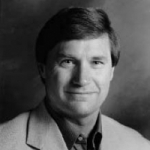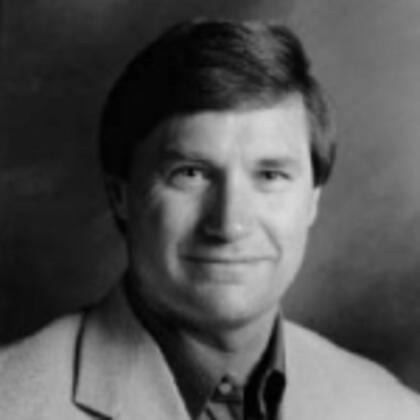Why is the Universe so big?
Share
- Details
- Text
- Audio
- Downloads
- Extra Reading
Professor John D Barrow asks the age-old question: "Why is the universe so big?"
Download Text
Why Is the Universe so Big?
Professor John D Barrow FRS
One of the curious features of the universe is the way in which it presents us with an environment that is superficially so hostile to life. But appearances can be deceptive. We know that the universe is expanding and therefore its huge size is a consequence of its great age. And any universe that contains the building blocks of complexity must be old enough for stars to form and generate the elements on which such complexity is based. This requires elements heavier than hydrogen and helium, which are formed into the first three minutes of the Big Bang. The heavier biochemical elements, like carbon, are made from them by nuclear reactions in the stars. When stars die these biochemical elements are dispersed into space and ultimately find their way into planets and into people. This process of nuclear alchemy is long and slow. It takes billions of years to run its course. Thus a universe that contains 'observers' must be billions of years old and hence billions of light years in size.
These are necessary conditions for life to be possible. Further consequences then follow. The large size of a habitable universe ensures that it has a very low average density and so galaxies and stars are widely separated. Outposts of life are likely to be separated by vast astronomical distances, ensuring that development occurs in isolation from other outposts of life, at least until technical knowledge is very sophisticated. The large amount of expansion also ensures that the universe is very cold. This, in turn, means that the night sky appears dark. There is too little energy density in the universe to make it bright. Thus universes that meet the necessary conditions for life are big and old, dark and cold. One might speculate that these aspects of the universes (which should be universal features for observers everywhere) play a significant role in shaping our religious and philosophical impressions of the universe and our place within it. Again, we stress how deceptive appearances can be.
Many philosophers have appealed to the vastness and sparseness of the universe as evidence for its basic dysteleological character. Yet the discovery of the expansion of the universe shows how subtle this matter is. Those aspects of the universe which, to some commentators, appear so obviously in conflict with any interpretation of the universe as hospitable for life, turn out to be crucial features that are necessary for a universe to support complexity of any known sort.
© John D Barrow
This event was on Tue, 21 Oct 2003
Support Gresham
Gresham College has offered an outstanding education to the public free of charge for over 400 years. Today, Gresham College plays an important role in fostering a love of learning and a greater understanding of ourselves and the world around us. Your donation will help to widen our reach and to broaden our audience, allowing more people to benefit from a high-quality education from some of the brightest minds.


 Login
Login







